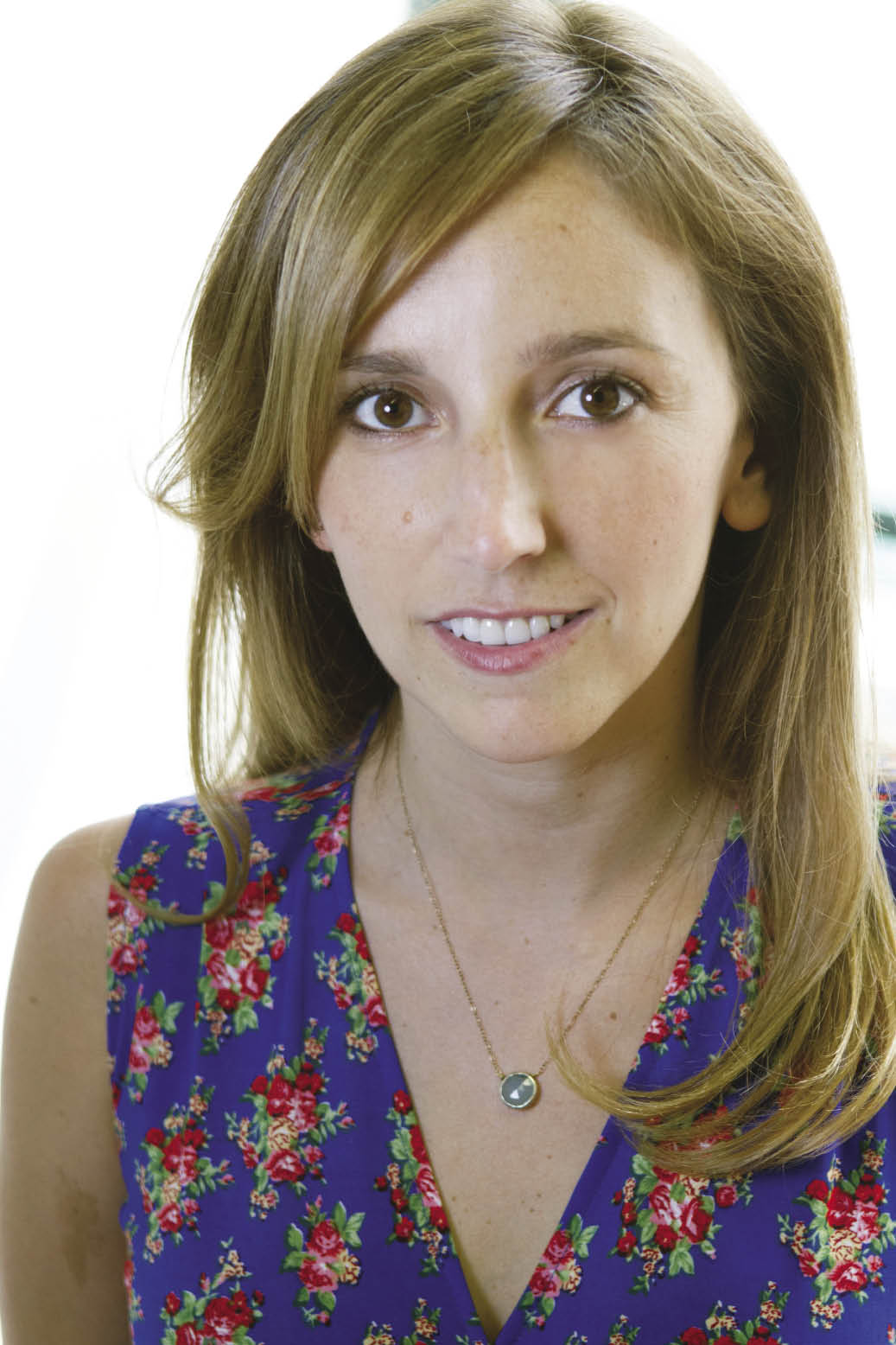Director Adrienne Campbell-Holt’ s desire to collaborate regularly with dynamic playwrights, set designers, and actors could have remained a wish. But, she admits with a laugh, “I realized I am not a person who enjoys waiting for things to happen. The most compelling thing I could do was start a theatre company with the people I loved working with.”
That company is Colt Coeur, a Brooklyn-based group now entering its sixth season buoyed by a slew of critics’ accolades. A New York Times reviewer described Colt Coeur’s 2014 production of Ruby Rae Spiegel’s Dry Land as “remarkable” and praised Campbell-Holt’s direction as “rippling fluidness.” The New York Post called the drama “keenly directed.”

For the company’s fall season, Campbell-Holt directed the world premier of How To Live on Earth , about the wrenching choices facing applicants for a one-way ticket to a colony on Mars. Written by MJ Kaufman, the script was “wildly collaborative,” Campbell-Holt says, and evolved from blunt conversations among Colt Coeur members about transitions, identity, and “the unattainable things we all want.”
The 14-member ensemble will tackle another production in the spring, the first time it is undertaking two productions in a year. Cal In Camo by William Francis Hoffman, also directed by Campbell-Holt, explores the common ground between a new mother and her brother, who suffers from post-traumatic stress disorder. It runs April 23 through June 4, 2016, at New York’s Rattlestick Playwrights Theater, which is coproducing the show.
Given Colt Coeur’s success and accolades, it’s hard to believe Campbell-Holt initially wavered on whether she was ready to start and lead a theater company. “For a while, I was worried because sometimes people are very outgoing and sort of hammy,” she says, “and I’m not like that at all.” But Alex Timbers, a Tony-nominated director she’s worked with and respects, thought otherwise. He assured her that she was ready to take the leap.
More important than having an outgoing personality, in retrospect, was getting assurances from colleagues that they shared her commitment to an untested venture. Campbell-Holt asked, “Do you understand we will be painting the set after we’re finished with rehearsals and pulling props from our own homes and sewing the costumes ourselves? Are you excited for that? And there was a resounding response of ‘Yes.’ ”
Though based in New York, Campbell-Holt travels widely to direct. She spent 10 days in Chile last spring directing five new one-act plays, and she’ll travel to Denver next year to direct Theresa Rebeck’s The Nest , which Campbell-Holt describes as “ A Long Day’s Journey Into Night meets Cheers .”
Committed to gender parity, Campbell-Holt insists that at least 50 percent of her staff on projects be female; women typically account for just 25 percent of a creative team, she says. She’ll also take a playwright to task if female characters are one-dimensional or stereotypes, or if a script has few women characters—and she’ll nix advertising that relies on scantily clad women to promote a show.
Campbell-Holt and a group of like-minded women this spring were behind Make It Fair (themakeitfairproject, #makeitfair), a tongue-in-cheek video that skewers male-dominated Hollywood. “Only 93 percent of popular films are made by men,” women lament as a chorus sings, “It’s only fair that men should have it all.” The three-minute video was featured on several media outlets, including Good Morning America , The Hollywood Reporter , and MSNBC. Campbell-Holt, who directed and produced it, notes that everyone involved in making the video—including gaffers, sound team, and camera operators—was a woman.
An urban studies major, Campbell-Holt regrets not having taken any women’s studies classes at Barnard. But she notes that she became involved with New York City’s theatre community as an undergraduate and continues to collaborate with people she met then. She wrote her thesis on Brooklyn’s DUMBO area, which, she notes, isn’t that far from Colt Coeur’s space. “It all feels very connected to me,” Campbell-Holt says. •
